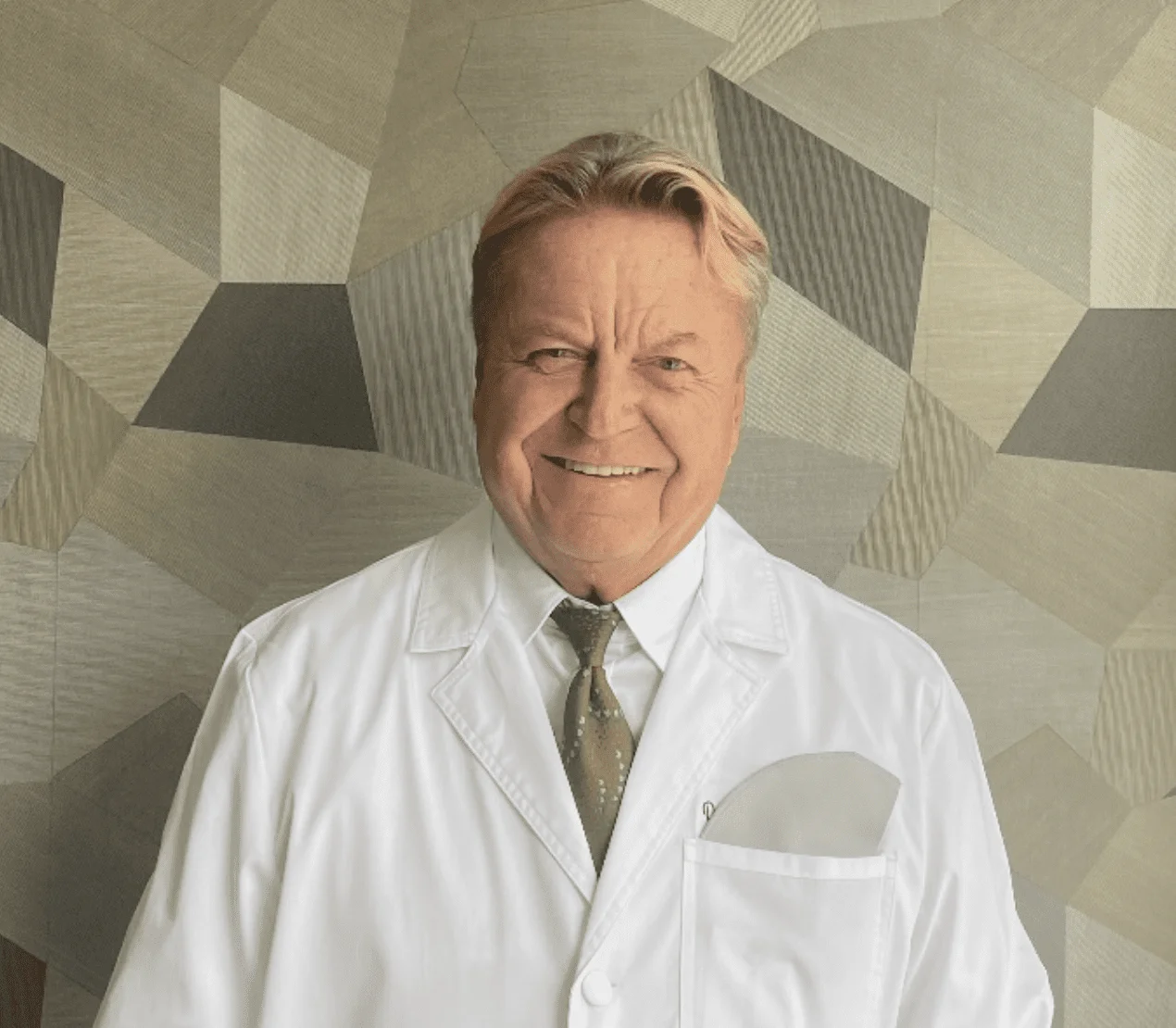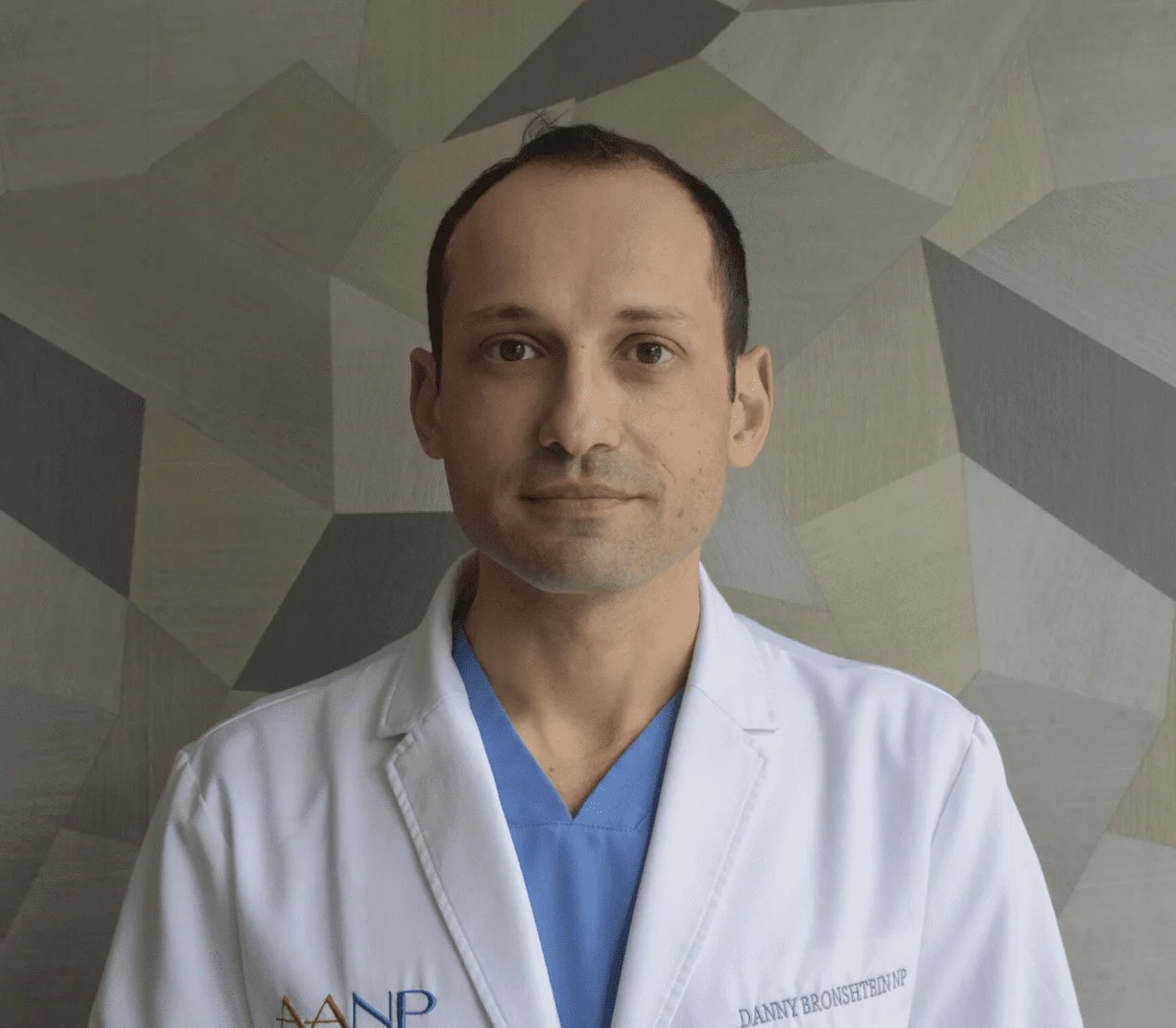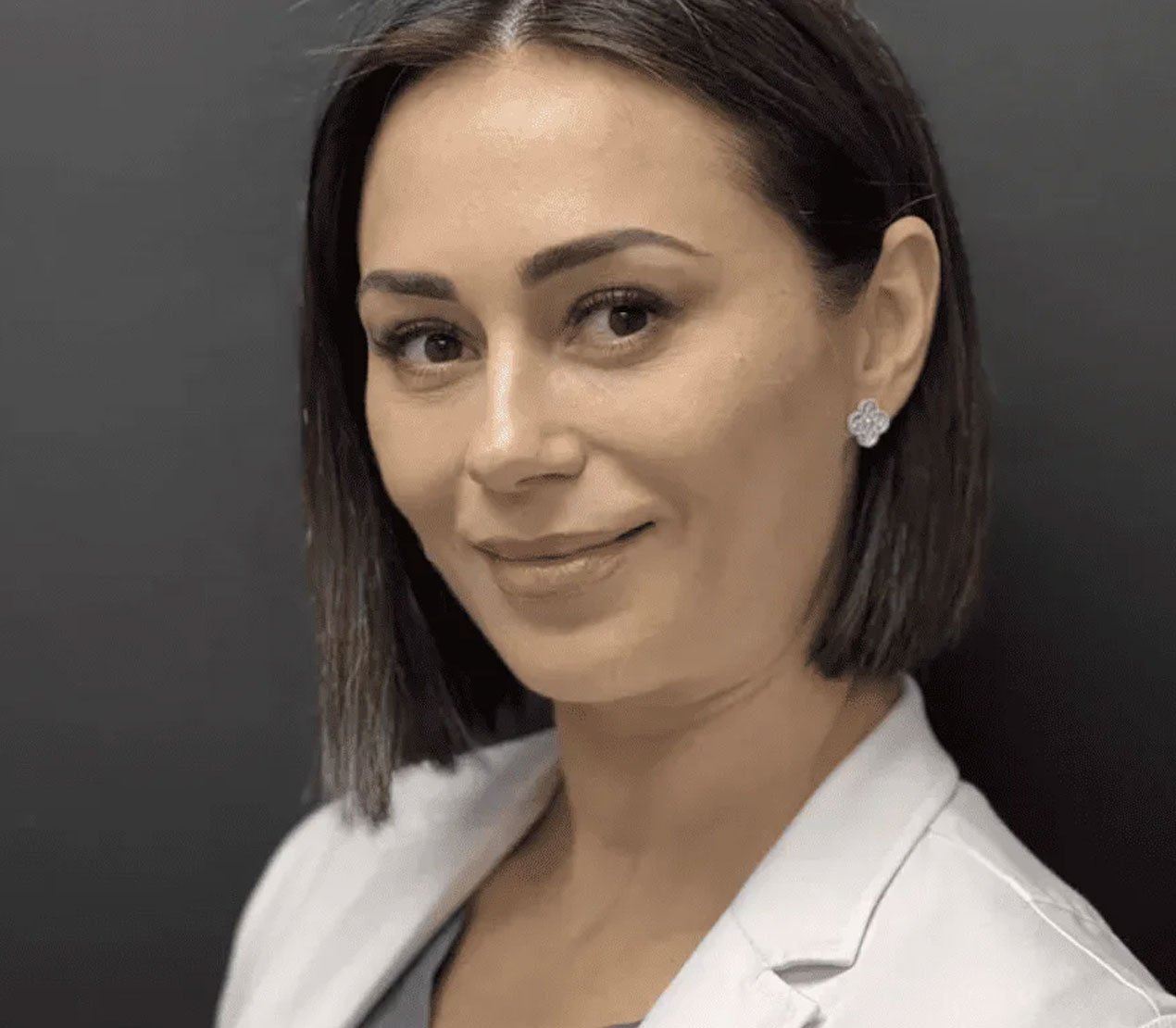Control Chronic Skin Conditions With Biologic Therapy
Advanced care in Brooklyn and Staten Island clinics

Biologic Treatments in Brooklyn & Staten Island, NY
kalon Dermatology, a leading dermatology clinic in Brooklyn and Staten Island, offers advanced biologic treatments for patients with challenging skin conditions. Biologic therapy represents one of the most advanced medical dermatology services available today. These treatments harness biotechnology to target the root causes of inflammatory skin diseases with precision. In what follows, we provide a comprehensive overview of biologic treatments, the conditions they address, how they work, and what patients can expect. We also highlight why kalon Dermatology’s expert team is trusted for biologic therapies in the New York area, and answer frequently asked questions about this innovative service.
What Are Biologic Treatments?
Biologic treatments are advanced medications derived from living organisms that target specific components of the body’s immune system. Unlike traditional systemic drugs such as oral steroids or immunosuppressants which may broadly dampen the entire immune system, biologics zero in on particular immune pathways or molecules responsible for a disease. By interfering with precise immune triggers, biologics can calm the abnormal inflammatory response without causing widespread immune suppression.
In dermatology, biologic medications have revolutionized the treatment of certain chronic skin disorders. They are typically used for conditions that are moderate to severe in severity or resistant to first-line therapies. For example, biologics have become an important option for patients with moderate-to-severe psoriasis or psoriatic arthritis offering relief where other treatments failed. These targeted therapies have life-changing impacts for many patients, bringing diseases under control when conventional creams or pills were insufficient. Biologics also tend to have fewer systemic side effects on organs like the liver or kidneys compared to older medications, thanks to their focused mechanism of action.
Special Offer
10% OFF
Your First Treatment. Use Promo Code: KD10
Conditions Treated with Biologic Therapy
Biologic treatments are used to manage a range of inflammatory and autoimmune skin conditions. At kalon Dermatology, we may recommend biologic therapy for eligible patients dealing with the following conditions:
Psoriasis & Psoriatic Arthritis
Chronic plaque psoriasis that is moderate to severe, or accompanied by psoriatic arthritis, often responds dramatically to biologics. These medications can significantly reduce psoriasis plaques and inflammation by targeting key immune signals.
Atopic Dermatitis (Eczema)
Severe eczema that does not adequately improve with topical treatments can be treated with biologics like dupilumab. Patients often experience far less itching, redness, and rash flare-ups.
Hidradenitis Suppurativa (HS)
Biologic medications like adalimumab can reduce the frequency and severity of HS flare-ups by targeting the inflammatory pathways that cause painful, boil-like nodules.
Chronic Urticaria (Hives)
Patients with chronic hives that don’t respond to antihistamines may benefit from biologic therapy like omalizumab, which targets the immune allergic mechanisms causing persistent hives.
In addition to the above, dermatologists are continually exploring biologic therapies for other severe or treatment-resistant skin diseases. Emerging biologics and off-label uses are being investigated for conditions like severe alopecia areata, vitiligo, and others. If you have a challenging dermatologic condition, our specialists will determine if an existing biologic (or perhaps a clinical trial) could be appropriate in your case. Every patient’s situation is unique. We carefully evaluate whether a biologic treatment is the best and safest choice for your specific condition.
Read Our Reviews
Posted onTrustindex verifies that the original source of the review is Google. The service was outstanding, and the office was incredibly clean and well-maintained. The doctor was very thorough, taking the time to answer all of my questions without rushing through the appointment. I felt genuinely cared for and valued as a patient. I would highly recommend this office to anyone looking for top-quality care. 10/10—highly impressed and satisfied!Posted onTrustindex verifies that the original source of the review is Google. Very nice doctor ✨replied to all my questions, did procedure and gave me reception. Amiable and wasn’t in rush 👍🏽 thank you , highly reccomendedPosted onTrustindex verifies that the original source of the review is Google. I love this place it's really nice and clean and they are always so nice but the main reason I come if for Dr.Danny he is the best and very knowledgeable he will recommend whats best and won't try to sell you bs. I would highly recommend him for dermatological and cosmetic services.Posted onTrustindex verifies that the original source of the review is Google. My experience have been amazing Dr. Tatiana Davydova has wealth of experience and expertise she has soft hands i had a few procedures done and the results are amazing Staff is friendly office is clean and nicely decorated I'm glad i found kalon Dermatology
How Do Biologic Treatments Work?
Biologics work by modulating the immune system in a targeted way. In many skin diseases, the immune system is overactive or misdirected, producing inflammatory proteins (cytokines) that damage the skin. Biologic drugs are typically monoclonal antibodies or receptor proteins engineered to bind to these specific cytokines or their cell receptors, thereby neutralizing their harmful effects. Unlike general immune-suppressing drugs that blanket-suppress immune function, biologics focus only on the key molecules that drive a particular disease process. This selective approach helps control the disease more effectively and often with fewer side effects.
Different biologics target different immune pathways. For example, some biologics used in psoriasis block TNF-α (tumor necrosis factor alpha), a cytokine central to psoriatic inflammation. Others target interleukins such as IL-17, IL-23, or IL-4/IL-13, which are involved in conditions like psoriasis, psoriatic arthritis, or eczema. By halting the action of these inflammatory messengers, biologics can reduce redness, scaling, itching, and tissue damage associated with the disease. Over time, the skin gets a chance to heal and symptoms improve markedly. Many patients see significant clearance of lesions and a reduction in symptoms after starting a biologic, especially if they stay on therapy continuously.

Meet Our Expert Team

Dr. Joseph Iwanicki, MD
Medical Director
Dr. Joseph Iwanicki MD graduated from the medical Academy of Wroclaw, Poland in 1974. After moving to the US Dr. Iwanicki completed his residency training in Obstetrics and Gynecology at St. Luke’s-Roosevelt Hospital Center in New York, NY.

Dr. David Biro, M.D., Ph.D.
Board Certified Dermatologist
Dr. David Biro received his BA from the University of Pennsylvania, his MD from Columbia University, and his PhD from Oxford University. He is an Assistant Clinical Professor of Dermatology at SUNY Health Science Center at Brooklyn.

Mark Iwanicki, ND
Naturopathic Doctor
Dr. Mark Iwanicki is a licensed naturopathic doctor and acupuncturist currently practicing in NYC. Dr. Mark graduated from Cornell undergrad with a degree in pre-veterinary studies.

Danny Bronshtein, NP-C, MSN
Nurse Practitioner
Danny Bronshtein is a licensed and board certified Nurse Practitioner; he received his Masters of Science degree from the City University of New York.

Yelena Terushkin, PA-C, MSPA
Physician Assistant
Yelena Terushkin is a licensed physician assistant in the state of New York and Florida with experience in medical, surgical and cosmetic dermatology.
Why Choose Kalon Dermatology for Biologic Treatment?
Choosing a provider for biologic therapy is an important decision. You want to be in experienced, knowledgeable hands. kalon Dermatology has built a reputation as one of the top dermatology clinics in Brooklyn and Staten Island, and our approach to biologic treatments exemplifies our commitment to excellence. Here’s why patients trust us for biologic therapy in the New York area:
- Expertise and Credentials: Our dermatologists are board-certified physicians with specialized training in medical dermatology. We have extensive experience prescribing and managing biologic medications for a variety of skin conditions. Because biologics are relatively newer therapies that require careful patient selection and monitoring, it’s crucial to have an expert dermatologist directing your care.
- Comprehensive, Personalized Care: We pride ourselves on a patient-centered approach. From your first consultation, our team will take the time to get to know you, your health history, and your treatment goals. If a biologic is recommended, we will explain why and educate you on how it works in clear, simple terms; empowering you with knowledge about your care.
- Modern Treatments: kalon Dermatology is at the cutting edge of dermatologic treatments, including biologics. Medicine is always evolving, especially in the field of biologic therapies. New drugs and indications are continually emerging. Our practice stays current with the latest research and FDA approvals so we can offer patients the best available options.
- Convenience and Local Trust: With offices in both Brooklyn and Staten Island, we offer convenient access to advanced dermatology services no matter which borough you live in. You won’t need to travel far or visit a hospital setting to receive biologic therapy. Our clinics are equipped to initiate and manage these treatments in a comfortable outpatient environment. kalon Dermatology is a trusted name in our community; we have helped thousands of patients in NYC achieve healthier skin.
In summary, kalon Dermatology combines medical expertise, personalized attention, and the latest innovations to deliver outstanding outcomes with biologic treatments. Our clinical, informative approach means you will be well-informed about your therapy and monitored diligently, all while being treated with the warmth and respect every patient deserves.

Frequently Asked Questions
Biologic medications are used for several chronic inflammatory skin conditions. The most common is psoriasis. Biologics have become a standard of care for moderate to severe psoriasis (and psoriatic arthritis) because they can dramatically clear skin lesions when creams or light therapy aren’t enough. Atopic dermatitis (eczema) is another; in fact, dupilumab is a biologic that is FDA-approved for moderate-to-severe eczema and has shown excellent long-term results. Additionally, biologics like adalimumab are approved for hidradenitis suppurativa, a severe gland inflammation condition. Some cases of chronic urticaria (hives) are treated with biologic therapy especially when antihistamines fail. Researchers are continually expanding the uses of biologics, so the list of treatable skin conditions is growing. Your dermatologist will determine if your specific condition and its severity make you a good candidate for a biologic treatment.
Most biologic medications are given by injection or infusion. The exact method depends on the drug. Many biologics come as injections under the skin, similar to an insulin shot. These subcutaneous injections are often done in the thigh or abdomen. Some biologic shots are given weekly or biweekly, and after we teach you how, they can be self-administered at home for convenience. Other biologics like certain IV infusions are administered less frequently, perhaps once a month or every few months at our office or an infusion center under medical supervision. No matter the form, our team will ensure you are comfortable with the process. The injections use a small needle and are generally quick, and if you require an infusion, we strive to make your session as easy as possible. We will provide detailed instructions on your specific biologic’s administration schedule and technique.
Safety is a top consideration with any treatment, and fortunately biologics have a strong safety profile overall. They have been used in dermatology and other fields like rheumatology and gastroenterology for many years with great success. Most patients tolerate biologics very well; common side effects tend to be mild and may include reactions at the injection site (redness, slight pain) or transient symptoms like upper respiratory infections or headaches. Our doctors will provide detailed information about safety and side effects.
Most likely, yes. Insurance typically covers biologic medications when they are medically necessary. Biologics are recognized as standard treatment for conditions like psoriasis, psoriatic arthritis, eczema, and others at certain severity levels. If you meet the clinical criteria for example, moderate-to-severe disease or failure of first-line treatments, your health insurance will usually approve the biologic under a specialty pharmacy benefit. At kalon Dermatology, we have a dedicated team that handles the insurance approval process. We will submit the required documentation and work with your insurer to obtain prior authorization. This process can take a bit of time, but we keep you informed. Our staff will guide you on copays, deductible implications, and any financial questions you have. We understand that cost can be a concern, but we make every effort to ensure our patients can access these treatments without undue financial burden.
